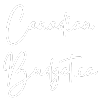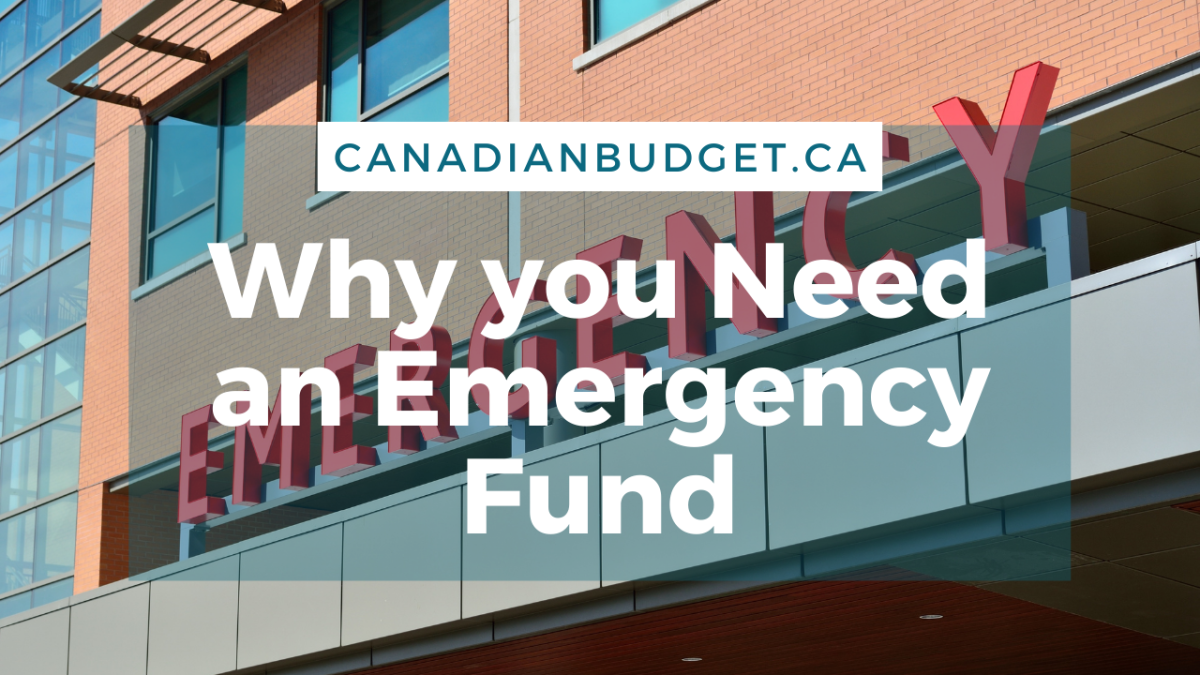
The content on this website may contain referral links, affiliate links or sponsored content. This means we may earn money from brands when readers click through, purchase, or sign up through certain links. This won’t cost you anything extra if you decide to purchase something.
What is an emergency fund?
Table of Contents
ToggleWell, it’s exactly what it sounds like, and unfortunately, most of us don’t have one. It is savings stocked away which can be accessed easily should an unexpected emergency occur, like loss of job for instance or major unexpected home repair. Should you encounter an urgent situation, your emergency fund will keep your expenses covered in the interim without forcing you to go into debt. Consider it as your own personal insurance.
How much do you need?
The amount of emergency fund recommended is anywhere from 3 – 6 months of your set expenses depending on who you ask. How do you decide how much you need in an Emergency fund?
Do some calculations to add up your monthly mortgage or rent, insurance, utilities, phone, gas/transportation, and food as the basic amount. Then multiply that by the number of months you have decided on – whatever gives you peace of mind to know you are covered. That will be your EF goal. If you are working on paying down debts at the moment, it is important to start setting a little bit aside each month to start building it up.
Where should you put your Emergency Fund?
These funds need to be somewhere that is easy to access at a moments notice. so don’t tie it up in investments. This money should be easily accessible to you in a matter of days at most – while still offering you some growth potential – so, not under your mattress or in a piggy bank. A High Interest Savings Account is a potential option, speak to your financial advisor to determine what is best for you. EQ Bank offers a great everyday rate in their High Interest Savings account, a great place to stash your EF!
For more blog posts like this, check our Savings and Debt Section of the blog!
More from the blog...
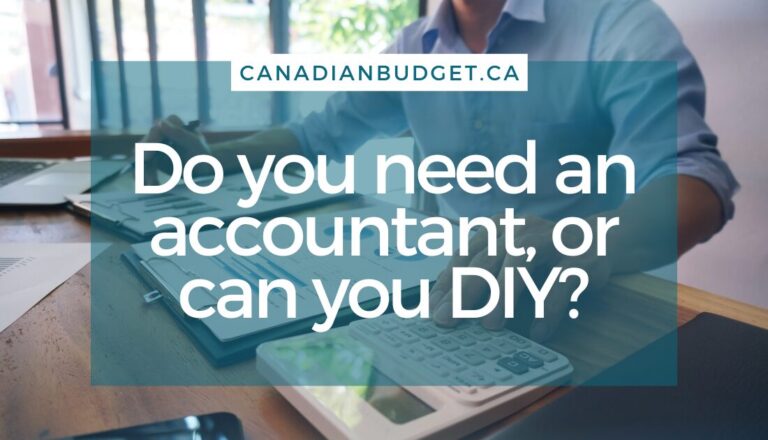
Do You Need an Accountant…
Guest Post by Karan Sachdeva of MultiTaxServices Doing taxes in Canada Money management often feels like one of those “I’ll...
Read More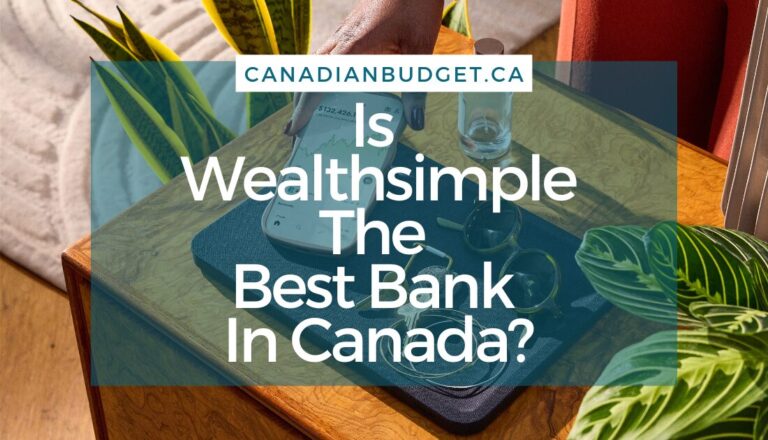
Why Wealthsimple Could Be the…
Wealthsimple Banking Review 2025: Best No-Fee Bank in Canada
Read More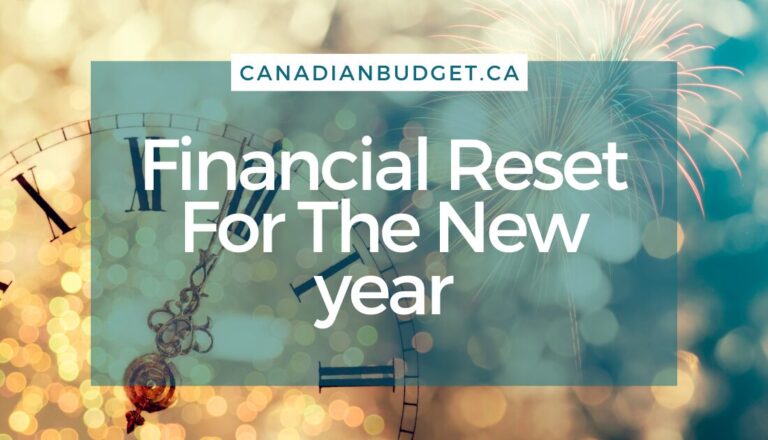
Financial Reset For The New…
How to Do a Financial Reset for the New YearAs the new year begins, it's the perfect time to take...
Read More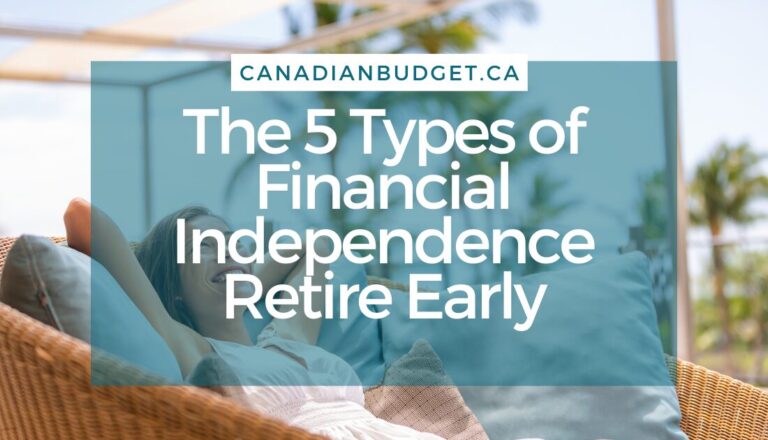
The 5 Types of Financial…
Starting your journey towards Financial Independence Retire Early (FI/RE) in Canada opens up possibilities for those eager to take control...
Read More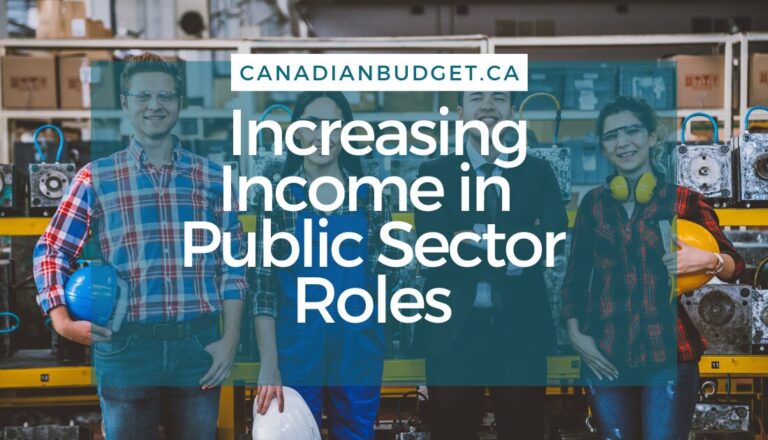
In a Public Sector role?…
Public sector roles, including those in schools and hospitals, make up approximately 21% of employment in Canada. That includes teachers...
Read More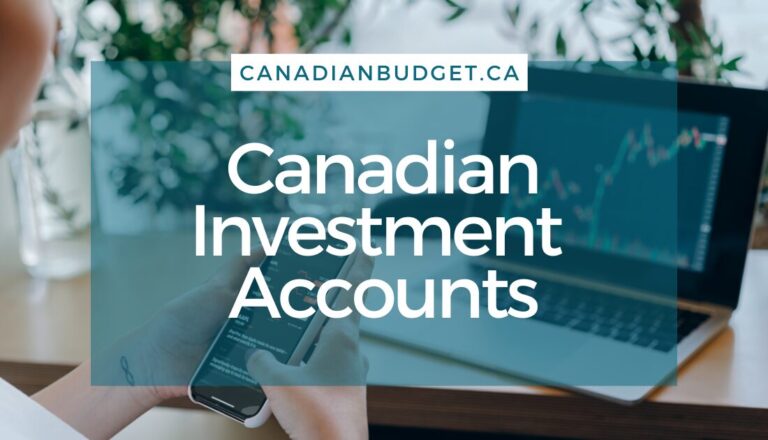
8 Canadian Investment Accounts To…
If you are new to investing, you might be wondering what the Canadian investment accounts are available, and which is...
Read More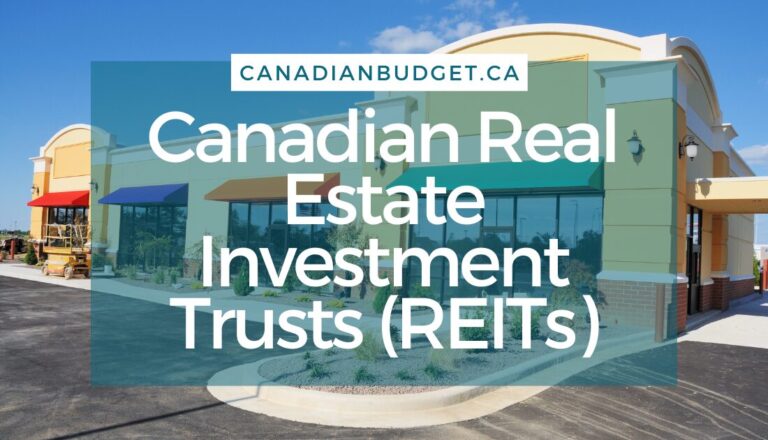
What Are Canadian Real Estate…
Canadian Real Estate Investment Trusts: What They Are and Should You Invest? Canadians have heard owning property was the path...
Read More
6 Ways Fixing Credit Scores…
Struggling with debt can significantly impact your financial well-being, especially if your credit score suffers. Fixing credit scores is important...
Read More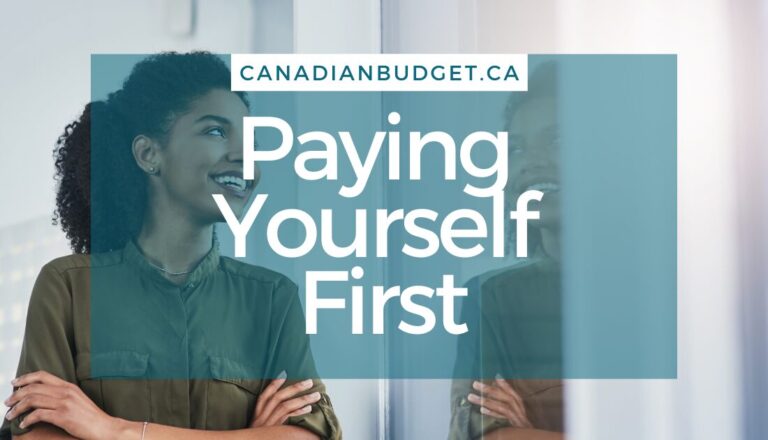
The Paying Yourself First Method
Taking control of your financial future starts with a simple yet powerful concept: paying yourself first. Shifting your money mindset...
Read More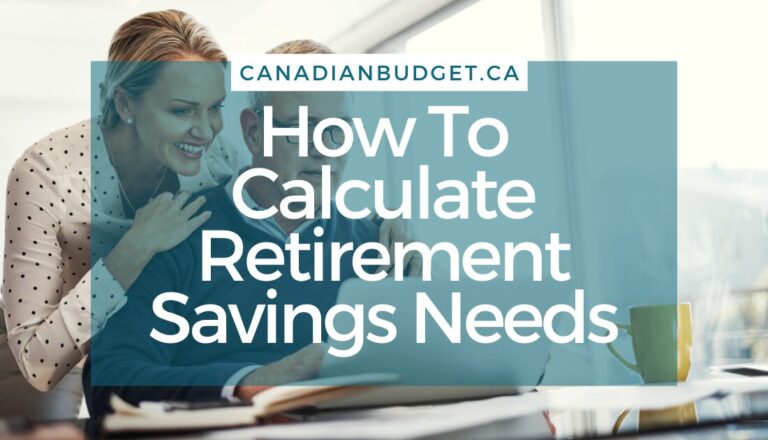
How to Calculate Retirement Savings…
When is a good time to calculate retirement savings needs? When retirement may be decades away it’s hard to think...
Read MoreAbout The Author
Jessica Morgan
Jessica Morgan is the founder and CEO of Canadianbudget.ca. She is passionate about personal finance and helping Canadians improve their financial literacy by providing more Canadian focused financial content. A millennial mom of one, she has a burning obsession with all things personal finance.
Jessica has a BA in East Asian Studies from York University and a Masters in Business Administration from Toronto Metropolitan University. She is a career public sector employee with a Hybrid Pension, and an advocate for Canadian women to improve their personal finance knowledge.
